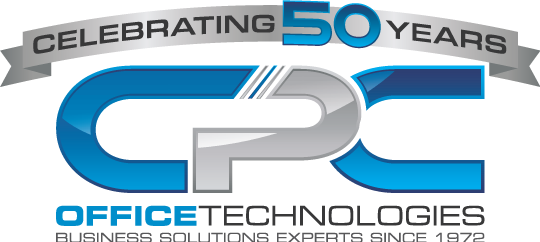
Accounting firms face numerous challenges in managing vast amounts of documentation while ensuring compliance with stringent regulations. Implementing an effective document management system (DMS) can be a game-changer for accounting firms, significantly enhancing compliance and productivity. This article delves into the key features of document management for accounting firms that support regulatory compliance and boost productivity, offering practical tips on choosing and implementing the right solution.
Ensuring Regulatory Compliance
Compliance with regulatory standards is paramount for accounting firms. Document management systems are designed with features that facilitate adherence to these regulations, such as:
Audit Trails
- Records all activities related to a document (who accessed it, when, and what changes were made).
- Provides a transparent and traceable record—crucial for audits and compliance checks.
Permission Settings
- Controls who has access to specific documents.
- Ensures sensitive information is only available to authorized personnel.
- Enhances security and compliance with data protection regulations (e.g., GDPR, HIPAA).
Secure Document Sharing
- Allows for secure, encrypted sharing of documents.
- Protects sensitive financial information during transmission.
- Reduces the risk of data breaches and ensures compliance with information security standards.
By incorporating these features, a document management system ensures regulatory compliance and strengthens the overall security and efficiency of document handling within accounting firms.
Boosting Productivity
Beyond compliance, document management for accounting firms significantly boosts productivity by streamlining:
- Storage
- Retrieval
- Sharing
- Conversion
A well-implemented DMS reduces the time spent on manual document handling and minimizes the risk of errors associated with paper-based processes.
One of the primary productivity benefits of a DMS is its ability to centralize document storage. Instead of sifting through filing cabinets or searching across different digital folders, accountants can quickly locate the documents they need through a centralized, searchable database. This saves valuable time and allows staff to focus on more critical tasks, such as client advisory and analysis.
Automated workflows are another feature that enhances productivity. Document management systems can automate routine tasks, such as document approval processes, reminders for document reviews, and updates. This speeds up operations and reduces the likelihood of human error, ensuring that processes are completed accurately and efficiently.
Additionally, a DMS facilitates collaboration among team members. Documents can be accessed and edited in real time, allowing for seamless teamwork even when staff works remotely. This flexibility is particularly beneficial in today's hybrid work environment, where employees aren’t always in the office.
|
|
|
|
Practical Tips for Choosing and Implementing a Document Management System
Choosing the right document management system for your accounting firm involves considering several factors, including:
1. User-Friendliness
- Look for a DMS with an intuitive interface and easy-to-use features.
- A complex system can deter staff from using it effectively, negating its potential benefits.
2. Scalability
- Ensure the DMS can scale with your firm as it grows.
- It should accommodate increased document volumes and additional users without compromising performance.
3. Integration Capabilities
- Your DMS should seamlessly integrate with other software tools your firm uses, such as accounting software, CRM systems, and email platforms.
- This ensures a smooth flow of information across different systems, enhancing overall efficiency.
4. Security
- Choose a DMS that offers robust security features, including encryption, multi-factor authentication, and regular security updates.
- This will help protect your firm's data from potential breaches and ensure compliance with security regulations.
5. Support and Training
- Consider the support and training provided by the DMS vendor.
- Reliable support and comprehensive training can make the transition smoother and more successful.

By considering these factors, accounting firms can select a document management system that not only meets their current needs but also adapts to future demands. This leads us to the importance of choosing the right provider, such as CPC Tek, to ensure optimal performance and support for your firm's document management needs.
Partnering With CPC Office Tek for Document Management Excellence
When it comes to choosing a document management system for accounting firms, CPC Office Tek stands out as a leading provider. CPC Office Tek's advanced document management solutions are designed to enhance compliance and boost productivity and are tailored specifically to the needs of accounting firms.
Further, CPC Office Tek offers a user-friendly interface, robust security features, and seamless integration capabilities, ensuring firms efficiently manage documents while maintaining compliance with regulatory standards. With a focus on scalability and comprehensive support, CPC Office Tek's solutions are designed to grow with your firm, providing long-term value and reliability.
Implementing an effective document management system is essential for accounting firms seeking to enhance compliance and productivity. A DMS can transform your firm's operations by centralizing document storage, automating workflows, and ensuring secure document sharing. With CPC Office Tek's advanced solutions, your firm can stay ahead of regulatory requirements and streamline its processes, ultimately boosting efficiency and client satisfaction.
Are you ready to take your firm's operations to the next level? For more information on document management for accounting firms, contact us today and discover how our innovative solutions can streamline your workflow and boost productivity.
